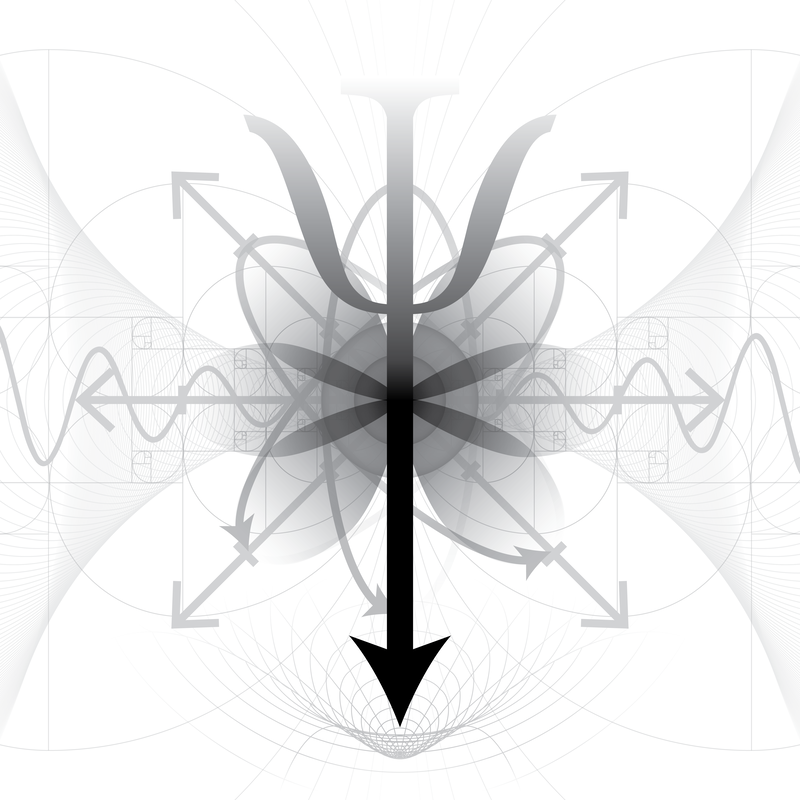
welcome to vectors-of-qualia.net
—
'i must know. i will know.'
'나는 알아야만 한다. 나는 알게 될 것이다.'
◇∃self ∈ selves | self.__現象場PUNK__.bind(λ ϕ,ψ: ⟨ψ⏐⏐ϕ⟩, '나', '생각')?;
then self.__現象場PUNK__.は(⏐"여기"⟩⟨"지금"⏐)!;
'so i think, therefore i am reduced to absurdity.'
'그래서 나는 생각한다, 고로 나는 부조리(不條理)로 귀류(歸謬)된다.'
credits
logo credits:
vector ↓, psi ψ, phi ϕ
3 translational axes ↕,
3 rotational axes ⟲,
an atom's electron orbitals 1s, 2s, 2px, 2py, 2pz,
probability densities of Schrodinger's wave equation,
Eulerian kernel ℯ^∓((σ+jω)t), Laplace & Fourier integral transform,
computation theory, recursion, dynamic systems,
energy function Hamiltonian ℋ, Lagrangian ℒ, Noether's theorem,
Hilbert space ℌ (space where David Hilbert can finally rest in peace)
Gradient As|Decent
quote credits:
"We must know. We will know." – David Hilbert
"I think, therefore I am." – René Descartes
"Reductio ad Absurdum." – a form of proof in standard formal logical systems
(also used in Gödel's incompleteness theorem and Turing's halting problem)